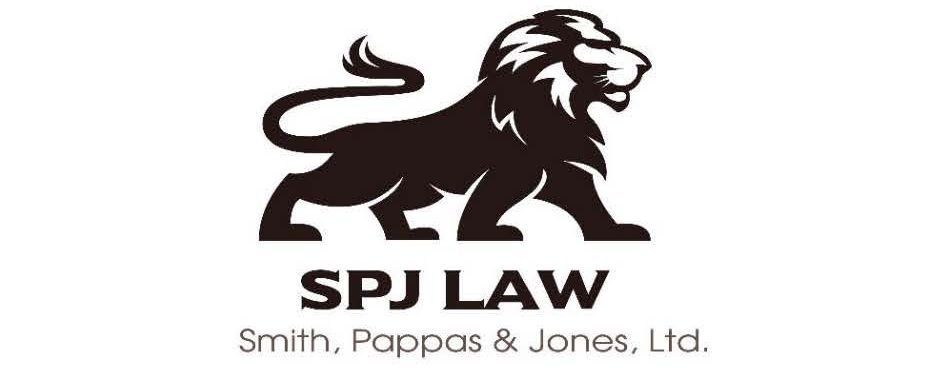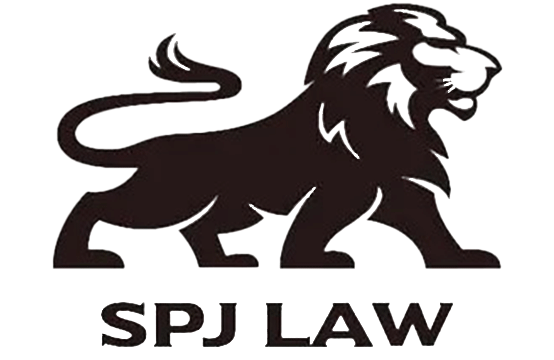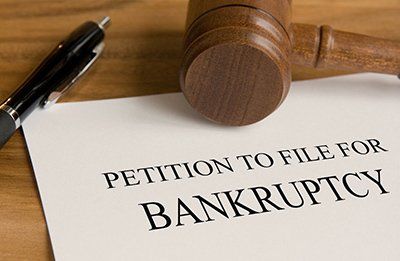Common Scams: Don't be a scam artist's victim.
Strangers will happily take your money if you let them.

Human history includes many examples of con-artistry, most of which have evolved into a modern version of its ancient counter-part. For example, in the middle ages someone might offer to sell a pig in a bag, and after the exchange of goods and/or currency the unsuspecting buyer finds that he or she has bought a cat in a bag; something of lesser value than what the buyer bargained for. This ancient scam can be easily facilitated in any peer-to-peer online marketplace when the seller substitutes the advertised good with something of lesser value without the buyer's consent (i.e. Buyer bargains for I-phone 8, and Seller delivers I-phone 7).
Bad Cashier's Check
A victim will receive a cashier's check with instructions to forward a portion of that check elsewhere. The victim will present the cashier's check to their bank, and their bank will make the funds available in their account. Days after the victim presents the cashier's check to their bank, and having forwarded a portion of the value of the check, the funds will no longer be available in the victim's account because the cashier's check was no good, and the person who delivered the check to the victim is long gone with the amount that was forwarded to him or her.
People Who Are Susceptible to Bad Cashier's Check Scam:
Small Business Owner: The owner receives a request for a good or service, and a cashier's check is delivered for payment in an excess amount with instructions to forward the excess elsewhere.
Private Seller on the Internet: The seller of a used vehicle receives payment in excess of the agreed price for the used vehicle, with instructions to forward the excess elsewhere.
Those Seeking Employment: The victim will be offered a job opportunity as a secret shopper and receive a cashier's check shortly thereafter. The victim will then be instructed to remit a portion of the check as an account activation fee or to send the entire amount via Western Union and later rate their experience.
Desperate People Generally: The victim will be contacted by a stranger stating the victim has won a foreign lottery. A cashier's check will be delivered to the victim, and the victim will be asked to forward a processing fee elsewhere. There are other variations as to why the victim is entitled to proceeds, such as an unclaimed estate of a long-lost deceased relative, or to smuggle money out of a foreign country.
Phone Calls
Fraudulent and deceptive solicitation has recently become the bane of owning a cell phone. Here is a list of the most common pitches used in deceptive sales calls.
Your vehicle's factory warranty has or is about to expire:
The caller has no idea about the state of the Victim's vehicle warranty, this line is used on everyone, even those with brand new vehicles; sometimes the caller will know certain details about the vehicle, like make and model, probably because they've obtained this information through some nefarious means. This is an attempt to contract with the victim for a vehicle warranty, except it's super expensive and provides no real value. One business using this deceptive business practice has been court ordered to pay $4 million in restitution to its victims.
I am with the Police Department, I have a warrant for your arrest that I will serve on you if you don't pay X amount of dollars:
Some scam-artists will call their victim impersonating a police officer that will come arrest the victim for some reason (a debt, missed jury duty, traffic fine, etc.) if the victim doesn't pay a fee. Sometimes the perpetrator has the ability to manipulate the victim's caller ID to indicate the call is coming from a Police Department. Police serve arrest warrants in person, not over the phone.
Grandchild in Need:
A scam artist will ascertain the identity of the elderly victim, and their lineage, possibly through social media. The artists will then call the victim, impersonating a grandchild, persuading the victim to send money for an emergency, usually bail or a medical procedure.
Free medical alert device:
The victim receives a call about a free medical alert device. The device may be free, if ever received, but if the victim provides their account information their bank account may be charged a monthly service fee even if they're never provided a service.
Lower credit card interest rate: The victim will pay a fee for a lower interest rate on their credit card, but the interest rate will not change.
Free vacation:
The victim will pay a fee for his or her "free vacation," but there will be no vacation.
Social Security: Social Security cards cannot be suspended, the con-artists are after the victims' personal information.
Charity Request: Do not offer money to anyone soliciting for donations on the phone, it's very difficult to determine if the caller is a legitimate organization or a con-artist.
Do not make any statements during these phone calls. The caller can defraud the victim if he or she offers their personal information or sell that information to a third party for the third party to defraud the victim; and any affirmative statement can be recorded, and that recording used to assert that you have agreed to a contract that you will be charged for. Even pressing a key on the phone's number pad could be interpreted as a statement, so be careful. It may be advisable not to answer a phone call from a number that is not a saved contact, any indication that a phone number is connected to a private individual may encourage the scam-artists to strengthen their efforts towards that particular phone number.
Income predicated on receiving phone calls from potential customers
Some people, for work or any other reason, need to answer phone calls from numbers not saved to their mobile device. Under these circumstances if the person takes a call and is not sure whether the person is a scam artist, that person should identify the identity of the caller, an address, and a number you can call back. Before speaking with the caller about the service or product being offered make sure the name and addresses match up on the search engine of your choosing.* If the caller is a scam artist, he or she will probably hang up on you.
If the caller is an automated recording it's probably a scam artist. If it's not, the caller should have considered that an automated message may not be the best method of conveying vital information when there are several scam artists using that same method to cheat people.
*Many scam artists will create websites to corroborate who they say they are. YouTuber, Jim Browning, infiltrates a foreign call center in this video he uploaded onto his page.
Phishing
Phishing occurs when a scam-artists sends to a victim a message purporting to be someone they are not in an attempt to derive sensitive information from the target.
Example: Victim receives an electronic message stating "OMG look at this video of you on the internet" with a hyperlink to what appears to be a Facebook page. The victim then might click the link and be asked to sign into his or her Facebook account, except he or she is not actually on the Facebook web page, it just looks like it. The scam artists who sent the message set up a page on the internet to appear just like the Facebook login page, and when the victim attempts to sign-in to his or her account the scam artist receives the victim's log-in data.
Malware (briefly)
Trojan Horse
A "trojan horse" is software that the victim installs or downloads onto his or her own computer or mobile device that is designed to infect the victim's computer. The victim may believe he or she is downloading or installing something useful or enjoyable (i.e. game, weather app, anti-virus software), but what the victim actually receives is a computer virus, possibly compromising sensitive personal information of the victim.
For more information about Malware, visit this Wikipedia Page.
Be Aware of Con-Artistry
Know that there are people out there that have no problem defrauding others of their hard earned income. For more information about scams in our current society visit these websites:
https://www.usa.gov/common-scams-frauds










Share On: